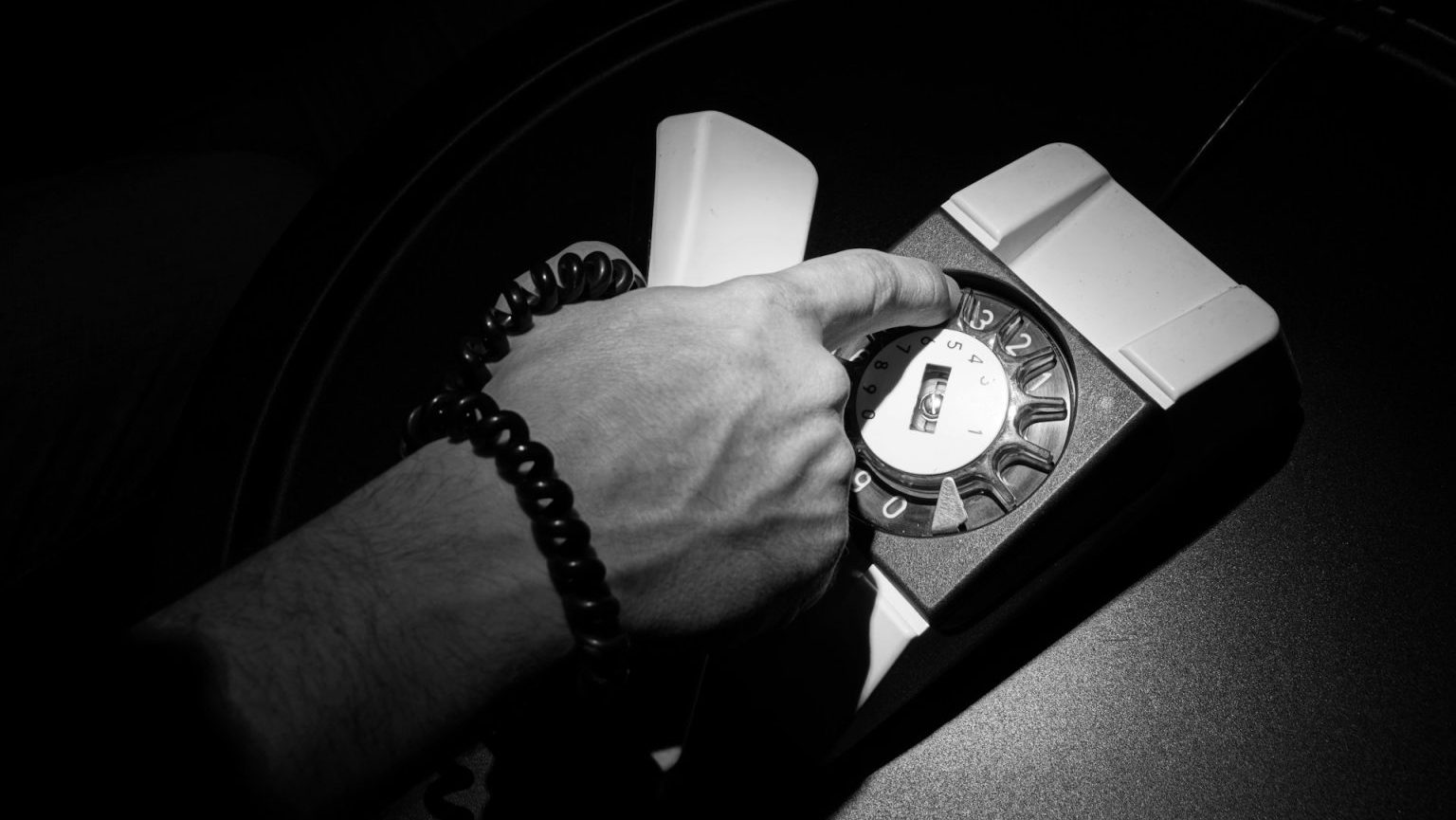Laurel Touby discusses her role as a female CEO and the challenges of executive decisions.
Topic: Leadership
Laurel Touby: I have to say I’m not known for my leadership. I would say I’m- I want to be a team player and I want to be able to lead a team but I’ve had a hard time with that and I’ve been told that by former employees who say, “Laurel, you have to lead in order to be a leader,” and I’m still learning that every day so I don’t know if I’m the best person. I do know that I just try to create a positive atmosphere and I try to make people feel wanted and loved at the company as well as outside of the company, and if I have any motto it’s that we love our customers, we feel that they’re our friends, so I try to tell people on staff that they have to treat the customer as they would friends. And what I’ve done is I’ve banned the word “crazy” on our staff. I don’t like anybody calling our customers crazy. I don’t care if they’re complaining and if they’re upset about something; they’re never crazy. And so that goes for everybody on staff. We try to treat each other with kindness and I feel like that’s a good way to lead but I don’t know if that’s the answer.
Question: What are the challenges of being a female CEO?
Laurel Touby: Being a female CEO has been challenging. It’s very subtle though. The sexism is subtle and you can’t always catch people at it. That’s the funny thing. You can think you are and you can hint at it and they’re hinting at other things but you’re never sure if it’s really what’s motivating them. I think that’s what’s so cruel about sexism, racism, any “isms” are everyone’s so PC today that they just kind of sublimate it and it comes out in really weird ways. It oozes out in strange ways and one of those ways is my staff members calling a customer crazy. A lot of our customers are older females and I find that sometimes one of these people will complain and they’ll be vociferous about it and one of my employees will send an e-mail out to the staff saying, “Oh, yeah. I’ve had to deal with this crazy customer.” And so that’s why I banned the word “crazy” actually was I felt it was being too inappropriately used against older females, and I am particularly sensitive to that as I age and as I’m a female and I went to Smith College.
Question: When did you know it was time to sell the company?
Laurel Touby: I knew the day that I got investors in March of 2000 that I was going to have to sell one day. The question was what day was that? And it really became a-- It became a numbers game. As soon as the company got to a certain level and it started to explode, that’s when you start to realize maybe this is worth a lot of money and we should think about selling, and so I didn’t think about that until someone approached me and said, “Hey, have you thought maybe you should sell to us? And here’s the kind of numbers we’re talking.” And that kind of got me excited so I had this number off in my mind of what I would sell for. I didn’t get that number but I came close enough that I thought it’s time to do it.
Question: How did you negotiate the sale?
Laurel Touby: Negotiating is a skill like anything else. You should read up on it. There are books all about negotiating but really it’s all about being on the spot and feeling the other person and sensing them and feeling- and going with the moment. I had my lawyer with me for the negotiation and really you just have to react quickly to the situation on the ground. It’s sort of like war. You have to be prepared to walk away at all times. You can’t get attached to the potential end result. You can’t believe that it’s really going to happen until it does and that was something my lawyer told me. He said, “Don’t think that this is going to end up where you want it to. At any moment they could walk away or you can walk away and you have to really believe that. Otherwise you’ll get attached to the outcome when it’s not even there.” It’s like counting your chickens before they’re hatched I guess.
Question: How did you choose a buyer?
Laurel Touby: I knew that I would stay with the company when it was sold but that wasn’t-- I knew that whoever bought the company had to be really smart because it’s a weird little company when you think about it. It’s a community and it’s making money and it’s doing some really phenomenal things that nobody’s ever done before so I knew if someone was smart enough to value the company they’d have to be smart enough to let us continue to do it the way we’re doing it. And so it wasn’t a big concern whether or not they would screw it up. I don’t know why but I just thought you know what. The kind of buyer who wants us isn’t going to screw it up; they can’t. And they haven’t so I’m happy with the outcome.
Recorded on: 06/26/2008





